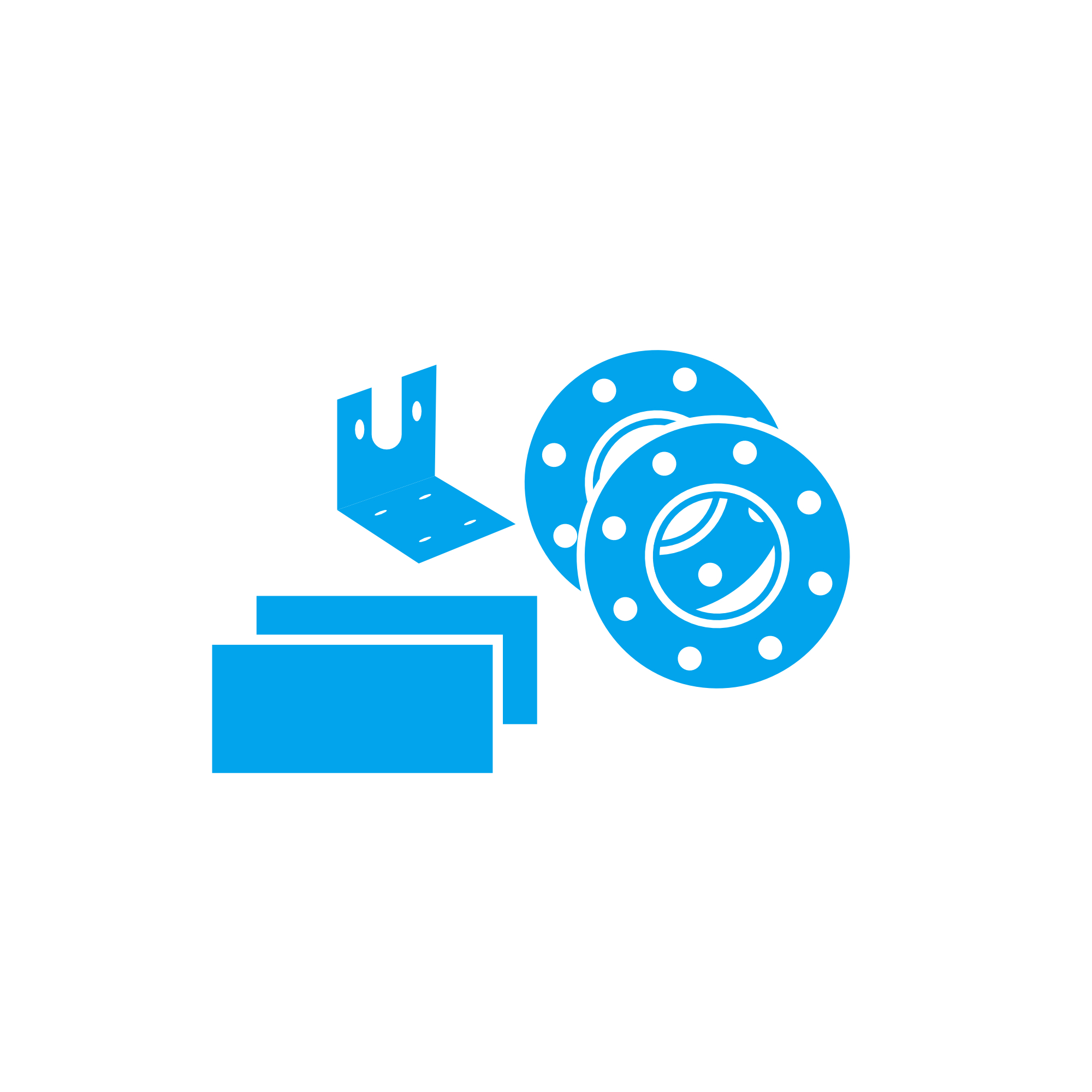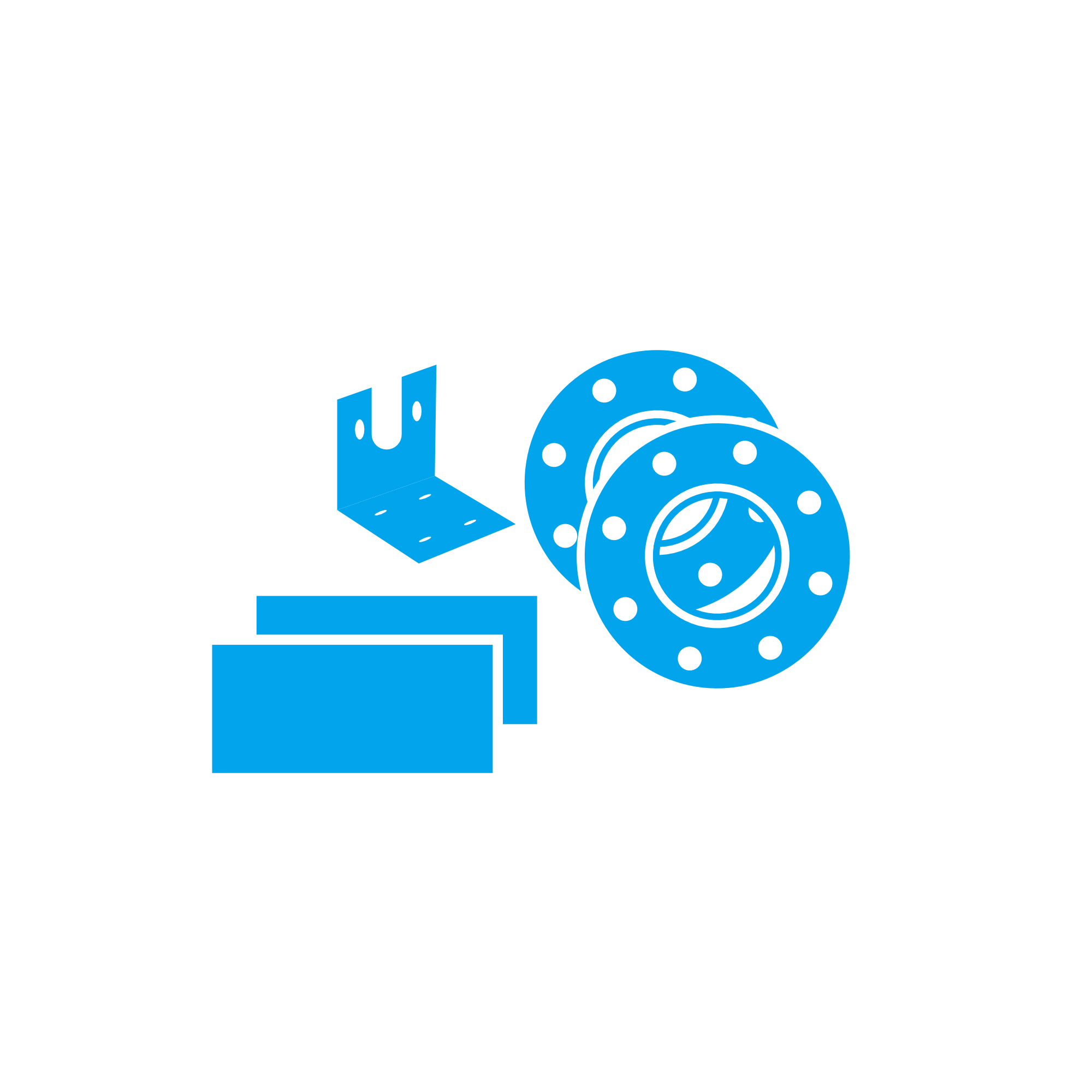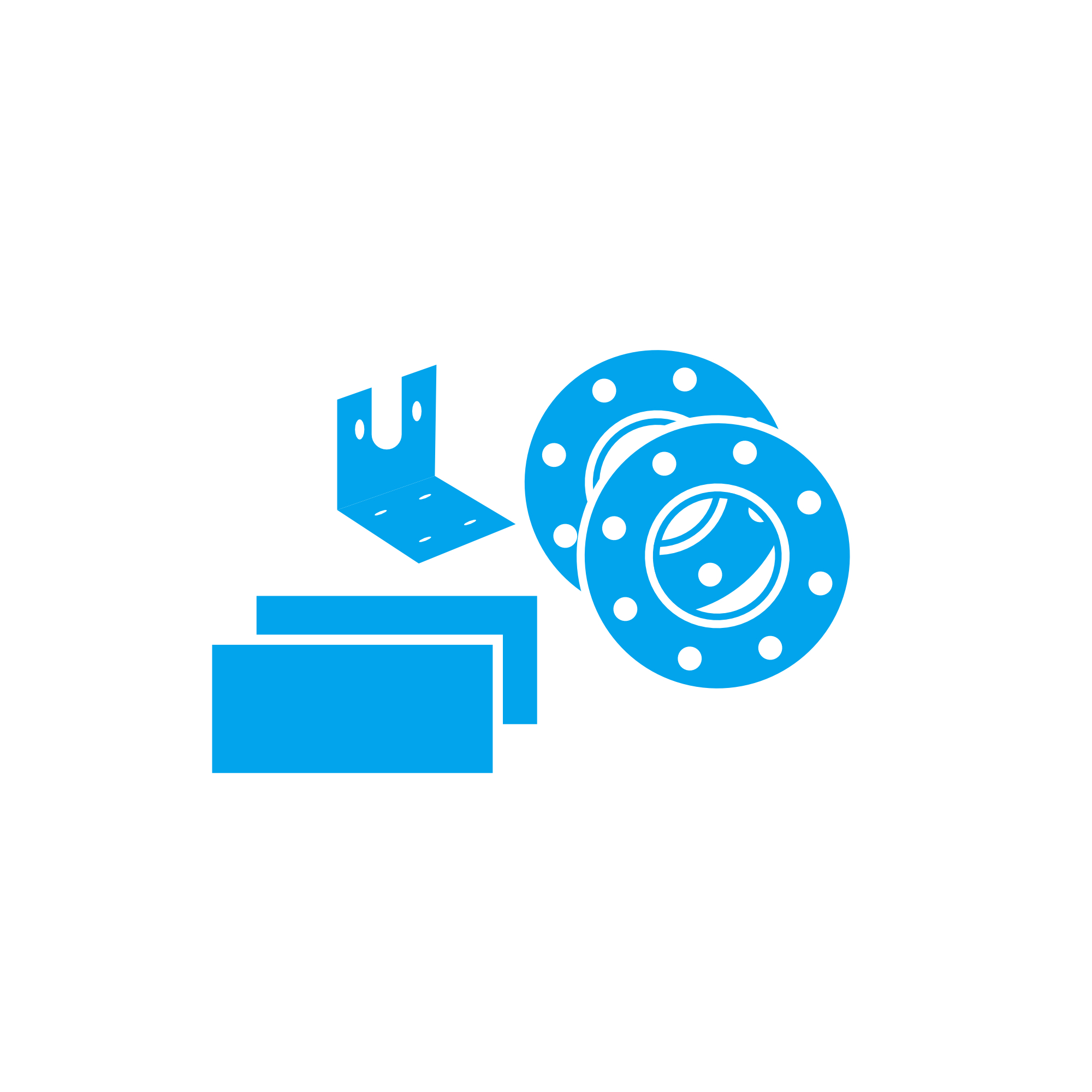RIVETTED FLANGE holders, plates and flanges for heavy-duty engines
Holders, plates and flanges are structural and connection components that create rigid, leak-tight, and accurately aligned interfaces inside combustion engines and their auxiliaries. From fastening brackets for sensors and pipework, to sealing plates and a RIVETTED FLANGE on an exhaust or cooling line, these parts form the backbone of mechanical integrity. In marine engine rooms and powerplant installations, they keep assemblies aligned under high loads, vibrations, and temperature swings—directly impacting safety, performance, and service life.
RIVETTED FLANGE in marine engine and diesel engine applications: technical function of holders, plates and flanges
Within a diesel engine or gas engine installation, holders secure critical subassemblies—fuel rails, wiring looms, filters, and instrumentation—preventing movement and chafe. Plates provide stiff, flat bearing and sealing surfaces; they can serve as covers, wear faces, backing plates, or adapter interfaces. Flanges join pipes, casings, and machine elements with a repeatable, torqueable connection that maintains alignment and pressure integrity.
A RIVETTED FLANGE is selected where heat input from welding is undesirable or where thin-walled structures make threaded fasteners impractical. In a marine engine, a rivetted flange can connect charge-air ducts, cooling water elbows, or exhaust bellows to housings without distorting the parent material. The rivets distribute shear loads uniformly, while the flange face presents a precision surface for gaskets or metal-to-metal sealing. In a diesel engine package, a RIVETTED FLANGE OEM parts solution protects dimensional accuracy: hole patterns, spigot diameters, and surface finish are maintained so the joint clamps evenly, resists vibration, and sustains pressure without creep.
Material choice is equally critical. Carbon steel, alloyed steel, or stainless grades are matched to media (exhaust gas, cooling water, lube oil) and temperature envelopes. Surface treatments—phosphate, zinc-nickel, or passivation—add corrosion resistance, particularly in salty marine atmospheres. Proper rivet specification (solid vs. structural blind, shank diameter, grip range, head style) and controlled setting forces ensure consistent clamp and fatigue strength. Together, holders, plates and flanges convert dynamic loads into predictable stresses, preserving alignment of rotating equipment, turbocharger interfaces, and pipe systems.
- · Precise alignment of pipes, housings, and rotating interfaces
- · Leak-tight joints under thermal cycling and vibration
- · Load distribution that prevents distortion and crack initiation
- · Corrosion-resistant materials and surface finishes for marine duty
- · Standardized drilling patterns for efficient maintenance
- · Stable support for sensors, fuel lines, and cable runs
- · Reduced downtime through repeatable assembly and torqueing
Why holders, plates and flanges are vital for reliable engine operation
The reliability of any engine depends on the stability of its interfaces. Misaligned flanges can introduce stress into pipe runs, accelerating fatigue and causing leaks of coolant, fuel, or exhaust gas. A worn plate or warped flange face undermines gasket performance, leading to pressure losses, contamination, and elevated temperatures that erode efficiency. If holders fail or loosen, components move under vibration: hoses chafe, sensors lose calibration, and critical clearances shift. In worst cases, escaping hot exhaust at a compromised RIVETTED FLANGE joint can create fire risk; coolant leaks can cause overheating; and vibration transmitted through poorly supported lines can damage bearings or instrument clusters.
RIVETTED FLANGE and related components: failure modes and risk mitigation
Typical issues include fretting at the joint face, rivet loosening from improper setting or material mismatch, crevice corrosion in marine environments, and loss of flatness after thermal shocks. Preventive measures include correct torqueing of mating bolts, proper gasket selection, NDT inspection when indicated, and timely replacement with dimensionally correct components. By maintaining the integrity of holders, plates and flanges, operators preserve alignment, keep media contained, and protect adjacent parts from secondary damage.
Benefits of OEM spare parts suitable for holders, plates and flanges
OEM spare parts suitable for holders, plates and flanges preserve the engineered geometry that engines were built around. For a RIVETTED FLANGE in a diesel engine, exact flange thickness, hole pitch, rivet specification, and face finish are essential for predictable clamping and sealing behavior. Dimensional fidelity reduces the risk of uneven gasket compression and premature leakage. Certified materials and controlled heat treatments deliver the designed strength, ductility, and corrosion resistance, safeguarding performance in high-cycle marine engine duty.
Using OEM parts also streamlines maintenance. Components install without rework, align on first fit, and interface cleanly with mating housings, pipes, and gaskets. Assembly time drops, torque values achieve the intended preload, and the joint remains stable through thermal cycling. Over the lifecycle, fewer unplanned interventions, lower consumable use, and reduced collateral damage translate into measurable budget protection. For operators managing fleets, consistent parts across units simplifies inventory and ensures that every RIVETTED FLANGE OEM parts set behaves identically under load.
MOPA as your partner for OEM parts: RIVETTED FLANGE, holders, plates and flanges
MOPA supplies OEM spare parts suitable for holders, plates and flanges with the speed, quality, and security that diesel and gas engine operators require. Our team maps part numbers across major engine platforms, sources quickly from validated channels, and delivers with complete documentation for material traceability. Whether you need a RIVETTED FLANGE for a marine engine exhaust connection, reinforcement plates for a pump skid, or precision holders for instrumentation, MOPA consolidates procurement and shortens downtime.
Customers value responsive lead times, careful packaging for corrosion-sensitive surfaces, and reliable logistics to shipyards and power plants worldwide. By aligning with MOPA, purchasers and technical decision-makers gain a partner focused on consistent fit, dependable sealing, and operational safety across the entire set of connection components.
Conclusion: holders, plates and flanges with RIVETTED FLANGE focus
Holders, plates and flanges—especially a properly engineered RIVETTED FLANGE—are essential for alignment, sealing, and structural integrity in marine and diesel engine systems. Selecting OEM spare parts suitable for this category preserves performance, minimizes risk, and extends service life while keeping maintenance predictable and cost-efficient.




